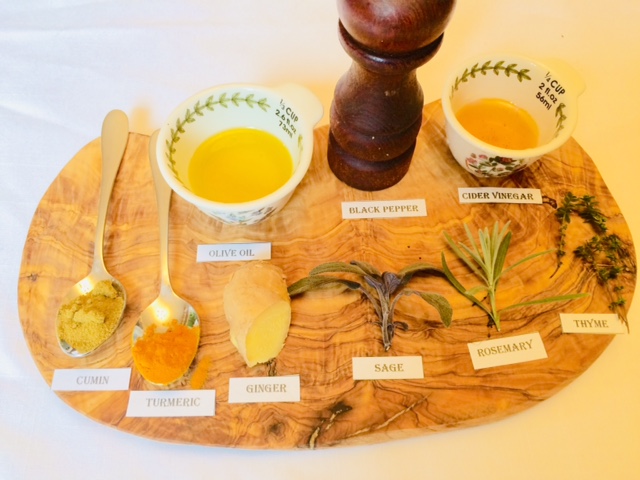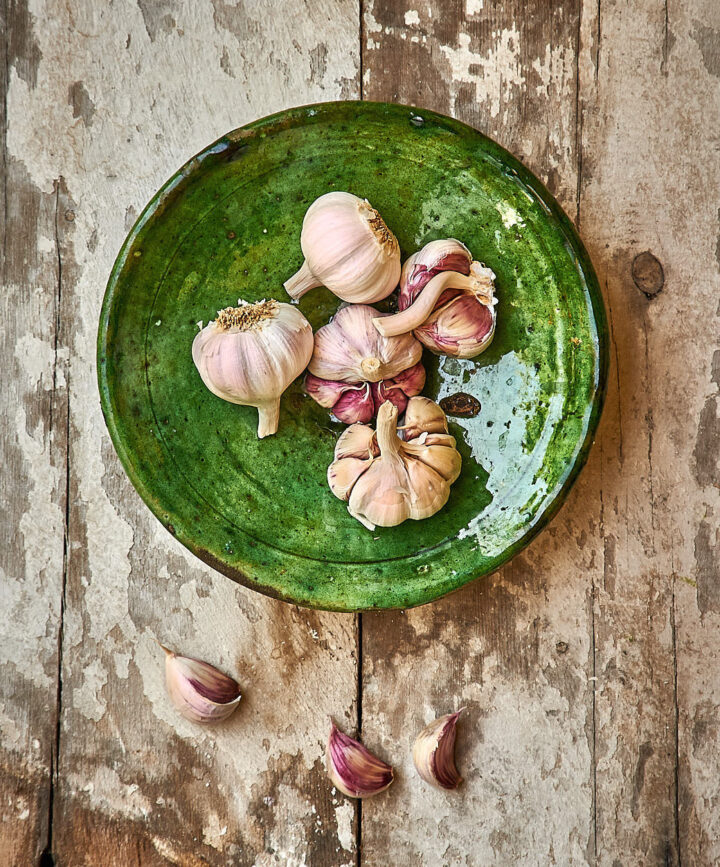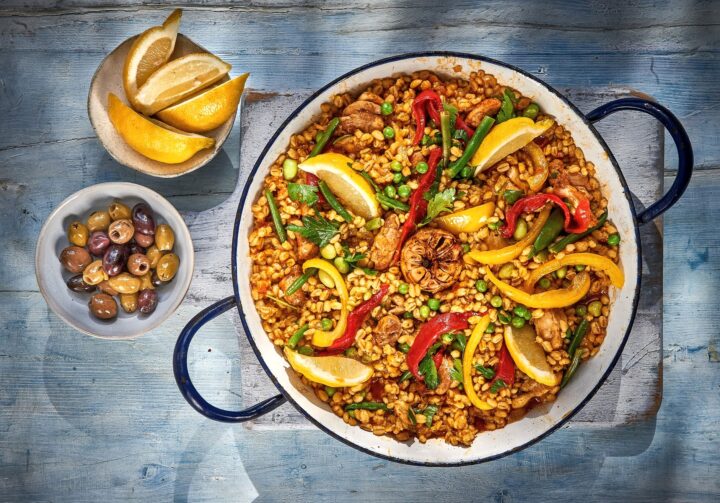Hello readers. This is very exciting for me, being my first foray into writing a blog, not to mention a book. Judi and I intend to put out posts approximately fortnightly, chronicling our progress.
Very recently I spent a fortnight in Sri Lanka. It was actually my honeymoon, having married 2nd time around at the grand old age of 56yrs. It was a beautiful country to visit: very lush and green, with great beaches and friendly locals. Only the roads, with their kamikaze tuk tuks were a menace and also, we had to apply insect repellent regularly, as they still have an issue with Dengue fever.

The food was one of the best parts of the holiday. We ate mostly coconut-based curries, with a mouth-watering array of spices. Our breakfasts always started with a plateful of tropical fruits. At one hotel we were given a salt, chili and sugar dip for the fruit- interesting, but not very healthy.
People sometimes worry about eating sweet fruits like mango, papaya and pineapple, however even in these very sweet fruits the fibre can help to offset the natural sugar. They also contain enzymes, which can help your digestion, (including bromelain in pineapples, which is anti-inflammatory,) and are rich in antioxidants and vitamins A and C. Mangoes may even reduce the risk of travellers’ diarrhoea!
If you have diabetes, you may opt for less sweet fruits, however, tropical fruits still beat biscuits and cakes as being a healthier option, best eaten in moderation (e.g. ¼ of a mango as a portion.) Eating fruit with other foods, such as unsweetened natural yoghurt can reduce the sugar impact (glycaemic index.)
We visited a ‘Spice Garden’ as part of our organised tour. This was in a small forested area. An earnest young man led us to different clearings in the grounds. At one, there was a cinnamon tree and a sample of cinnamon bark for us to sniff, at others there were tamarind pods and also cardamom pods and curry leaves etc.

Our guide had an encyclopaedic knowledge of the properties of each spice but sounded like an old fashioned ‘quack’ reeling off the healing properties of each spice. However, he didn’t know that turmeric helps to prevent dementia! He rightly emphasised the anti-inflammatory and anti-oxidant action of many of the spices
I am aware that if you make a vinaigrette with extra virgin olive oil and vinegar, these contain effective anti-oxidants, however if you add pepper, you boost the anti-oxidant potential of your salad dressing, if you add fresh herbs, such as basil or thyme, you improve the health benefit and if you add garlic and spices such as cumin or turmeric, you magnify the anti-oxidant effect further. Judi and I call this ‘upping the anti.’
People who eat salad ‘dry’ to avoid the added calories of a dressing, lose out on both flavour and antioxidants. Also, a dressed salad will keep you feeling fuller for longer and less likely to snack later in the day. Bought dressings may be another thing entirely, as they may use less healthy fat or have added sugar.
In my next blog, I shall tell you about my cookery lesson in a Sri Lankan lady’s home!
(I should like to thank Carmel Burke for her advice on fruits and diabetes.)




